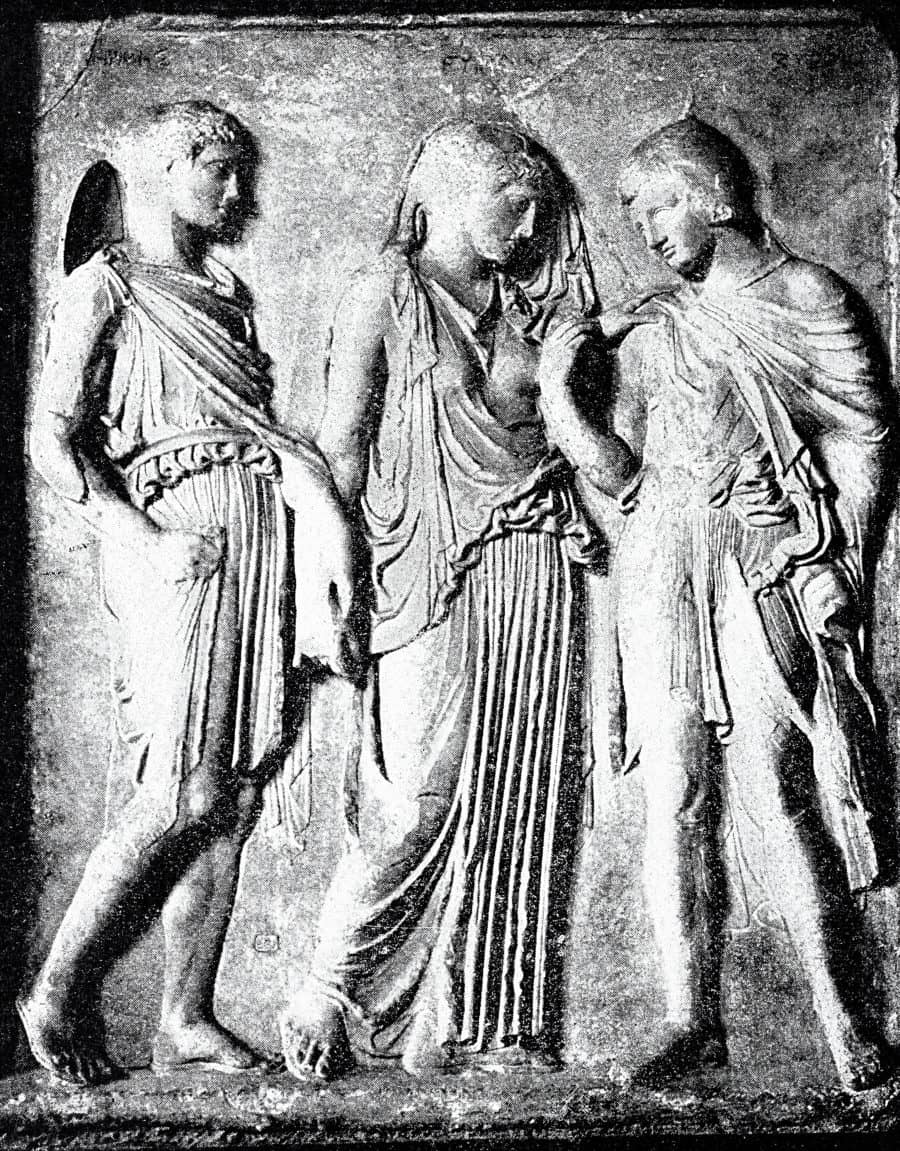 Most of us recognize the Greek myths as a collection of stories. To the Ancient Greeks, however, these stories were associated with their primary religion. There were actually different types of religions present during this time period, and one of them was referred to as Orphism, which is connected to the legend of Orpheus, who was a poet and musician who was best known for his journey into the underworld to retrieve his wife, Eurydice, who died after being bitten by a deadly viper.
Most of us recognize the Greek myths as a collection of stories. To the Ancient Greeks, however, these stories were associated with their primary religion. There were actually different types of religions present during this time period, and one of them was referred to as Orphism, which is connected to the legend of Orpheus, who was a poet and musician who was best known for his journey into the underworld to retrieve his wife, Eurydice, who died after being bitten by a deadly viper.
Orpheus was also known for being a prophet and was considered one of the best. It is based on this fact that the religion of Orphism took shape because it was based on his teachings. Here’s more information about this ancient religion:
Orphic Beliefs
Orphic beliefs differed from mainstream Greek religion in a number of key ways. One difference between the two was Orphic religion’s focus on the god Dionysus, known to Orphics as Zagreus. Orphic religion put Zagreus at the center of the conflict between the Titans and the gods. According to Orphic belief, Zagreus’s body was consumed by the Titans. When Zeus destroyed the Titans, the resulting ash, from which mankind was born, contained parts of both Zagreus and the Titans who consumed him.
According to Orphic thought, a human soul contained two parts: one originating from Zagreus, and another from the Titans. The Zagreus-originated soul was called the soul of man, and represented that part of the human spirit that was divine. The Titan-originated soul, meanwhile, kept the other part– the divine– in bondage.
Death In Orphic Mythology
Perhaps most intriguing, however, are Orphic beliefs about death and the afterlife. First of all, Orphics believed in reincarnation. Each soul, according to Orphic mythology, went through ten cycles of death and rebirth, bound to earthly bodies by their Titan-originated souls. This process was called “Metempsychosis” or “the transmigration of the soul,” and was a crucial part of Orphic belief.
Orphics also believed that there were various instructions that a dead soul should adhere to when they arrived in the underworld. These rites, if followed, would grant their practitioners certain benefits in the afterlife. Ancient tablets indicate that Orphics believed that the dead should not drink from the pool of Lethe, or forgetfulness, but drink instead from the pool of Mnemosyne, or memory. It was also said that the dead should offer themselves up to Persephone with the blessing of Zagreus, or the “Bacchic One.”
Origins of Orphic Thought
Orphic belief is probably very old, with figures as early as Plato, Euripides, and Herodotus attesting to its existence. Orphic beliefs derived largely from the Orphic Hymns, a series of 87 poems attributed to Orpheus himself. These poems were often used by Orphic cultists in purification rites and rituals. Other texts associated with the Orphics include the Protogonos Theogony, the Eudemian Theogony, and the Rhapsodic Theogony. It is possible that there were other Orphic texts, but if so, they have been lost to the annals of time.
Today, the majority of those living in Greece identify as Orthodox Christians. However, religions like Orphism are definitely part of the country’s ancient past.
Source:

